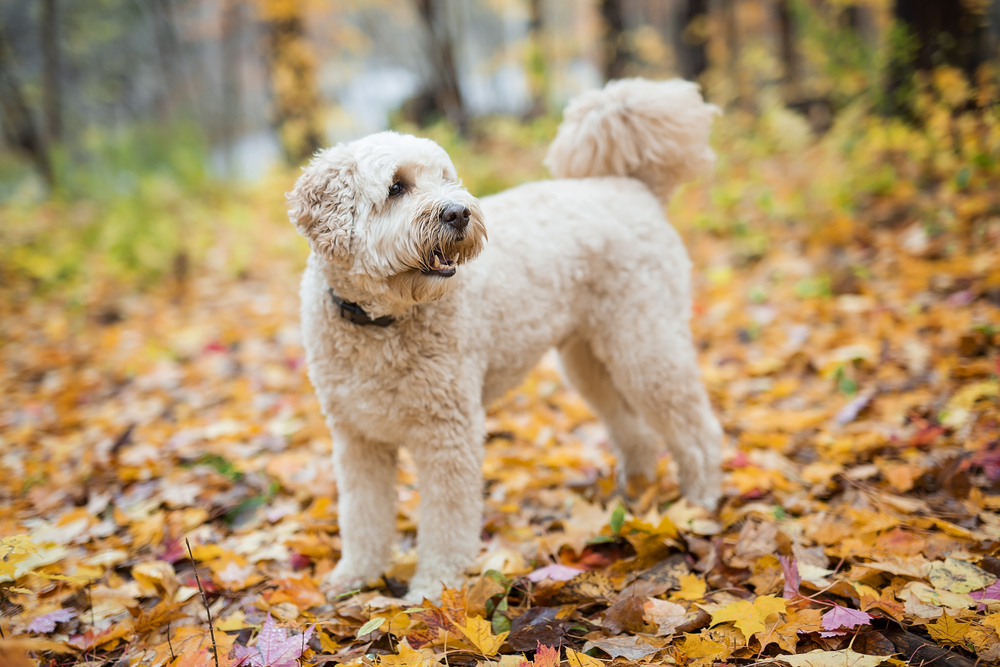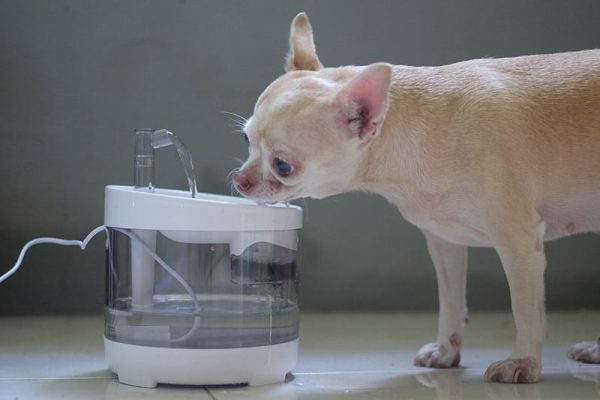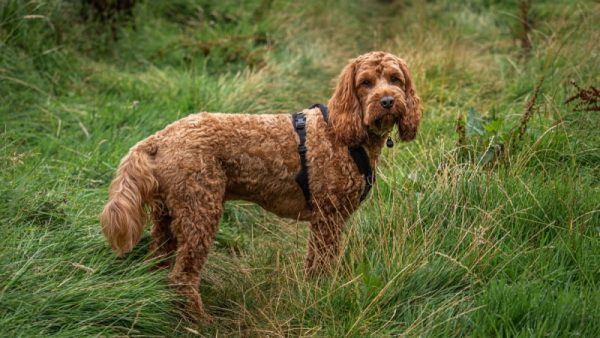In this article
If you are one of the millions who suffer from dog allergies, you might believe you are doomed to a life without a canine companion. However, you may also be aware that some dog breeds are advertised as “hypoallergenic” and wonder whether that is really the case. For example, are Goldendoodles hypoallergenic dogs?
Goldendoodles are often described by some as an allergy-friendly breed, but unfortunately, they are not hypoallergenic because such a unicorn does not exist as much as we might want it to.
In this article, we’ll let you know why Goldendoodles aren’t hypoallergenic but have earned a reputation for being less likely to trigger allergies, as well as a few other breeds that fall into the same category. We’ll also give you some tips to reduce the allergens in your house, no matter what kind of pet you have.

Why Goldendoodles Are Sometimes Considered Allergy-Friendly
Dog allergies are triggered by proteins (allergens) that occur naturally in the pup’s saliva and dander. Many people mistakenly assume they are allergic to the dog’s hair, which is why low-shedding breeds, such as the Goldendoodle, are often recommended for allergy sufferers.
However, the dander or saliva left on the dog’s coat when they groom themselves triggers allergic responses in people. Dogs that shed less hair might seem to leave fewer potential allergens in their environment and may be easier to live with, but that is not the case. Even hairless breeds trigger allergies.
Purebred Poodles typically shed very little, a trait they often pass on to their Goldendoodle offspring. However, Golden Retrievers are heavy shedders. As a hybrid breed, Goldendoodles may take after either parent or be an even mixture of both.
Because of this, there is no guarantee that all Goldendoodles will be low shedding. Before adopting or buying one of these dogs as an allergy-sufferer, try to spend time with the individual pup to ensure they don’t trigger your allergies.

Other Allergy-Friendly Breeds
Besides Goldendoodles, other Poodle hybrids, such as the Yorkipoo, are considered less troublesome for those with allergies. Other purebred dogs that are considered allergy-friendly include:
Again, every dog is an individual and may not affect everyone with allergies in the same way. Some naturally produce more or fewer allergens as well.

Tips to Reduce Allergens in Your Home
If you choose to live with a dog while being allergic, you are probably looking into ways to help reduce the number of allergens in your home. Here are a few tips you can follow.
Keep your residence as clean as possible, vacuuming frequently. Designate dog-free zones around your space, such as your bedroom, that will give your immune system a break. Change your house’s air filters often or consider investing in a portable air purification system. Use vacuum cleaners, air purifiers, and heating and cooling systems equipped with a HEPA (high-efficiency particulate air) filter.
Bathing your dog can help keep the number of allergens present as low as possible. In between baths, frequent brushing will also assist with this goal. Ideally, you should leave this task for a non-allergic person. If you can’t avoid it, you should wear a mask and gloves when grooming your pup.
Ask your doctor for additional steps you can take to keep your allergies controlled. They may refer you to an allergy specialist or suggest medications that can help.

Final Thoughts
Goldendoodles may not be hypoallergenic but they might be easier on your allergies. That doesn’t necessarily mean the breed is a good match for you. Consider your ability to exercise, socialize, and train these high-energy dogs, as well as your financial situation, before welcoming a Goldendoodle into your home. Owning any pet is a significant responsibility and not a decision to make lightly.
See also:
- German Shepherd Bloodhound Mix: Care, Pictures, Info & More
- Mastiff Bloodhound Mix: Care, Pictures, Info & More
Featured Image Credit: Matthew Yoder, Shutterstock





















